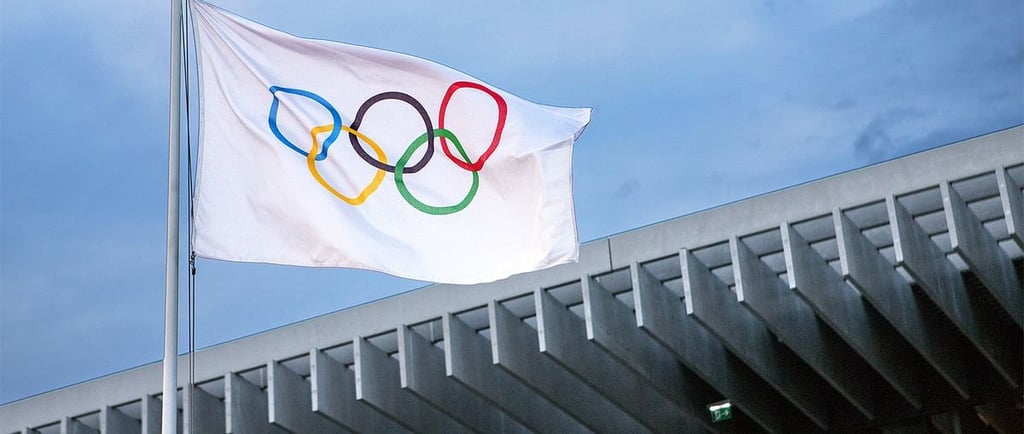Impact of OCA’s Decision to Cancel the Asian Indoor and Martial Arts Games in Thailand


Introduction
The Olympic Council of Asia (OCA) has recently made a significant decision to cancel the upcoming Asian Indoor and Martial Arts Games, a major sports event that was slated to take place in Thailand. This cancellation has sparked widespread discussion and concern regarding the implications for Thailand's reputation and the broader Asian sporting landscape.
Reasons Behind the Cancellation
The OCA's decision to cancel the event is multifaceted, primarily influenced by challenges such as logistical hurdles, financial constraints, and the ongoing global health situation. The preparation for such a large-scale event requires considerable investment and stability, both of which have been severely impacted in recent years. As countries navigate through various setbacks, the OCA recognized that hosting the games would not meet the expected standards, leading to their unfortunate but necessary decision.
Consequences for Thailand
Thailand's loss of hosting the Asian Indoor and Martial Arts Games is not just a blow to the nation's sporting aspirations but also carries broader socio-economic implications. The event was anticipated to attract thousands of athletes and spectators, injecting significant revenue into local economies through tourism, hospitality, and related services. As a result, Thailand's prospects of showcasing its culture and hospitality to international visitors have been diminished.
Moreover, the cancellation directly affects athletes who prepared extensively for the competition, as they now face uncertainty regarding their opportunities for representation and performance at an international level. This further emphasizes the need for ongoing support and alternative opportunities for athletes within the region.
Looking Ahead
In light of the cancellation, stakeholders in Thailand and other participating countries must now focus on recalibrating their strategies to adapt to this unexpected change in the sporting calendar. Potential pathways forward may include hosting smaller-scale or virtual competitions, which can still foster camaraderie and a competitive spirit among athletes.
The Asian sports community must prioritize resilience and innovation in response to challenges such as these, ultimately leading to the development of alternative frameworks for engagement and competition in the future. The road ahead may be fraught with challenges, but it also presents opportunities for new initiatives that could redefine the sporting landscape in Asia.
In conclusion, while the cancellation of the Asian Indoor and Martial Arts Games is undoubtedly disappointing for many, it also serves as a pivotal moment for reflection and transformation within the region's sports sector. Stakeholders must unite in efforts to learn from this experience and adapt, ensuring that the spirit of competition is preserved, and that future events can be staged successfully.
